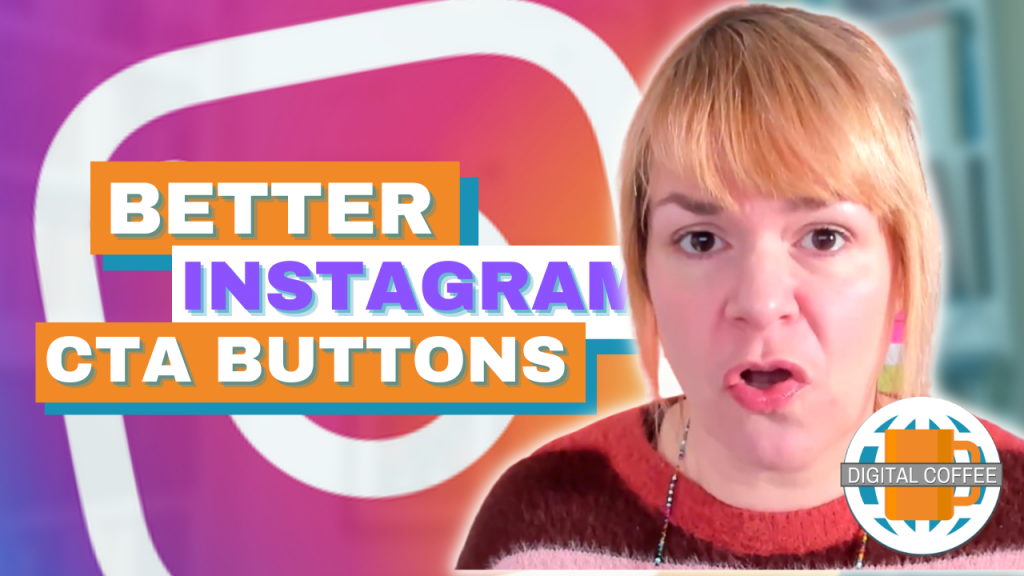
I was asked by one of the students on the We Teach Social beginners guide to Twitter course if I could cover Twitter etiquette.
I find it hard to write about Twitter etiquette as I find that one person will passionately believe one thing whilst another will passionately believe the reverse. There are however a few hard and fast rules and I’ve included those below. I’ve also included some shared by my Facebook followers and some I try and stick to myself.
Hard and fast rules
- Don’t use abbreviation unless 100% necessary. It may look unprofessional and can be hard to understand.
- Don’t get drawn in to a public argument on Twitter. No one ever comes out well from these. If someone persists in arguing with you either take it offline or ignore them.
- Do be polite and courteous as you would be in real life (unless for some reason your business requires you to be rude)
- Don’t be tempted to send a direct message to each new follower, particularly if they are automated messages. (Thanks to Azzy O’Connor for this suggestion)
- Do be sincere and transparent, lies and cover ups are easily exposed on social media and if you get found out you’ll be trending on Twitter for all the wrong reasons.
- Do apologise if you get something wrong.
Other rules
- Don’t ask for a RT – You will see a lot of statistics showing that asking for retweets increases the number of shares you get but from a branding perspective it can make you look desperate. (This is one of my personal rules)
- As long as you only have a few people RTing your content or conversing with you make sure that you respond to each of them personally. Take time to look at their profiles and tweets so you can personalise your responses. Even using someone’s real name can make a big difference.This one came up a lot from the people on Facebook and I have to admit that I don’t always thank people. I’m at the stage when I get quite a lot of interaction and it’s hard to keep up with all the shares and comments so I made a decision not to thank everyone for shares. I still appreciate them but I figured that sending out a group message or a general ‘Thanks for all the shares’ would seem impersonal. Unless I could be personal I felt it would be insincere. (lots and lots of my Facebook community shared this, see more here)
- Don’t just share your own content, try and share at least one piece of content from someone else for every link to your own. Different social media practitioners will give you a different ratio for promoting yourself v promoting others but as a rule of thumb make sure you are sharing as much as you are promoting. (Thanks to Steffen Coonan for this suggestion)
- Don’t talk about how many followers you have, it makes you look either desperate if you only have a few or vain if you have a lot.(Thanks to Úna-Minh Caomhánach for this suggestion)
- Don’t challenge people for not following you publicly – if someone chooses not to follow you don’t be offended. (Thanks to Úna-Minh Caomhánach for this suggestion)
- Don’t call people out for bad Twitter etiquette (Thanks to Annmarie Miles for this suggestion)
- Don’t overuse hashtags. Putting tags in the flow of a tweet can make them hard to read. As an absolute maximum add three hash tags and put them at the end of the tweet. (This is one of my recommendations)
- If you are using Twitter for business don’t over share. People don’t want or need to know that you are going to the shop for milk. (This is one of my recommendations)
- Try and avoid automation. Limit applications such as foursquare or Instagram that automate Twitter updates. They don’t add value to your business. (This is one of my recommendations)
- Don’t retweet people who praise you. No one likes someone who constantly boasts. Sharing testimonials from time to time is find but constantly retweeting praise makes you look self involved. (This is one of my recommendations)
My recommendations aren’t right for everyone. It doesn’t annoy me when people do these things but they are part of my own personal brand. It’s worth drawing up a list of guidelines for yourself and deciding on what the dos and don’ts of your own business are.
As I was putting this together I realised that there were far more don’ts that dos. I think this is often sparked by our annoyances at the things people do, we tend not to praise people for good etiquette.
There aren’t that many huge mistakes that you can make on Twitter, as a society we are very forgiving. I remember quite a storm brewing up at the beginning of the year about a cafe in Dublin that had been rude to a customer online, I don’t remember the name of the cafe now and it certainly hasn’t put me off going there for life. If I have had a good experience with a business I won’t reject them just because they got something wrong on social media. If you find that you’ve made a mistake the best thing to do is apologise and move on, don’t get into prolonged arguments about it.
Further reading on Twitter etiquette:
Do you agree with these? Do you have any personal rules for Twitter? If so leave me a comment.







